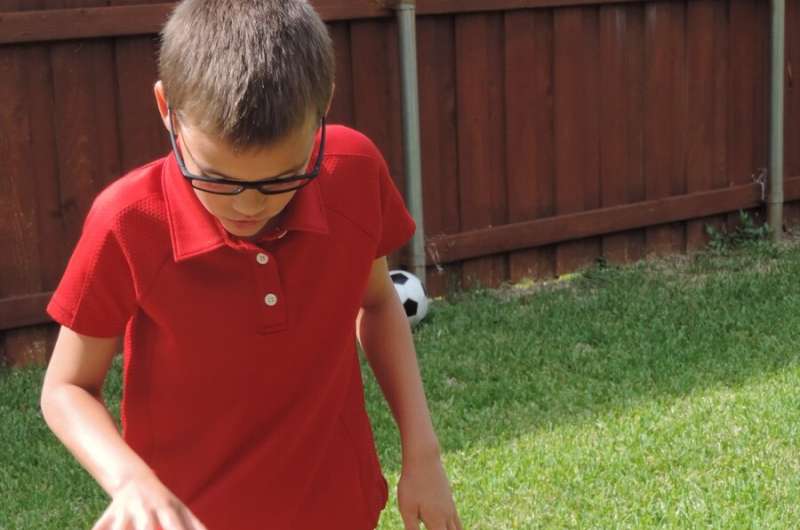How to prioritize healthy behaviors to support kids' physical and mental health

As cities and states across the country enact phased guidelines to re-open, the American Heart Association, the world's leading nonprofit organization focused on heart and brain health for all, encourages parents and caregivers to consider the same concept for re-prioritizing healthy routines that influence both immediate and long-term health.
"During this unprecedented time, parents and caregivers have been the primary caretaker, teacher, coach, nutritionist, psychologist, and entertainer while navigating their own pandemic challenges, " says Thuy Bui, MD, American Heart Association volunteer medical expert and pediatric emergency medicine physician with Pediatric Emergency Medicine Associates, LLC and associate medical director for the emergency department at Children's Healthcare of Atlanta. "Many households have rightly changed to accommodate shelter-in-place requirements. However, kids need a path to reset daily routines to best support their mental and physical health."
Experts say returning to a consistent pattern of healthy habits as soon as possible is vital because a healthy routine can help kids feel better, improve mental health and decrease and prevent conditions such as anxiety and depression, according to the latest U.S. Department of Health and Human Services' Physical Activity Guidelines for Americans. The Center for Disease Control is anticipating an impact on children's mental health and an increase in childhood obesity related to the COVID-19 pandemic.
The American Heart Association pediatric healthy behaviors framework is based on current scientific evidence supporting the connections between overall health and well-being, disease prevention and quality of life. Based on individual family circumstances and local rules, the American Heart Association encourages parents and caregivers to set small, achievable, short-term goals to re-prioritize three key areas—nutrition, physical activity and screen time.
The American Heart Association pediatric healthy behaviors framework is as follows:
- Physical Activity: Preschool-age children should engage in active play as well as structured movement. A goal is about three hours per day of a variety of activities (light, moderate and vigorous). School-age kids and teens should try to get at least 60 minutes per day of moderate- to vigorous-intensity activity. It can be broken up into shorter sessions throughout the day.
- Nutrition: Children should consume a variety of foods daily, including the intake of vegetables, fruits, nuts, whole grains, low-fat or fat-free dairies, lean vegetable or animal protein, and fish and minimizes the intake of trans fats, processed meats, refined carbohydrates, and sweetened beverages. Estimated calorie requirement by children range from 900kcal/day for a 1-year-old to 1,800kcal for a 14–18-year-old girl and 2,200kcal for a 14–18-year-old boy. Health eating habits are encouraged where meals are served with consistent timing, along with children selecting a variety of foods from healthy choices they already enjoy paired with new foods in a relaxed environment.
- Screen time: Less is better and kids should get no more than one to two hours of TV/computer/video games a day, to reduce sedentary behaviors which contribute to overweight and obesity. In homeschool environments, be intentional separating leisure screen time and school screen time.
"Factors that will affect a family's plan can range from healthy food access and unemployment to availability of childcare and out-of-home school and activities. It is important to re-prioritize healthy behaviors as soon as families are able without adding additional stress to the household," said Federico M. Asch, MD, FACC, FASE, American Heart Association volunteer medical expert and cardiologist in Washington, D.C. "Any progress in helping kids move more, eat better and reduce screen time are steps in a positive direction."




















